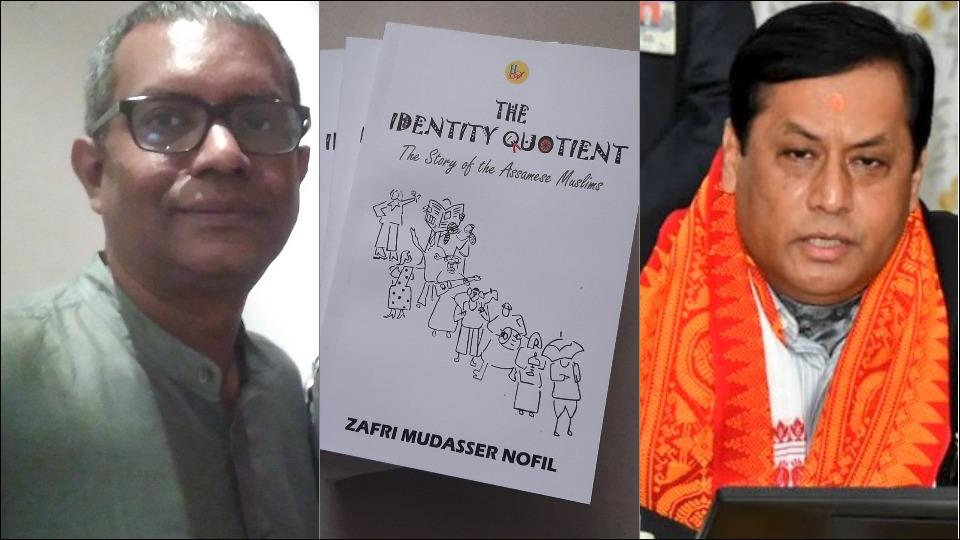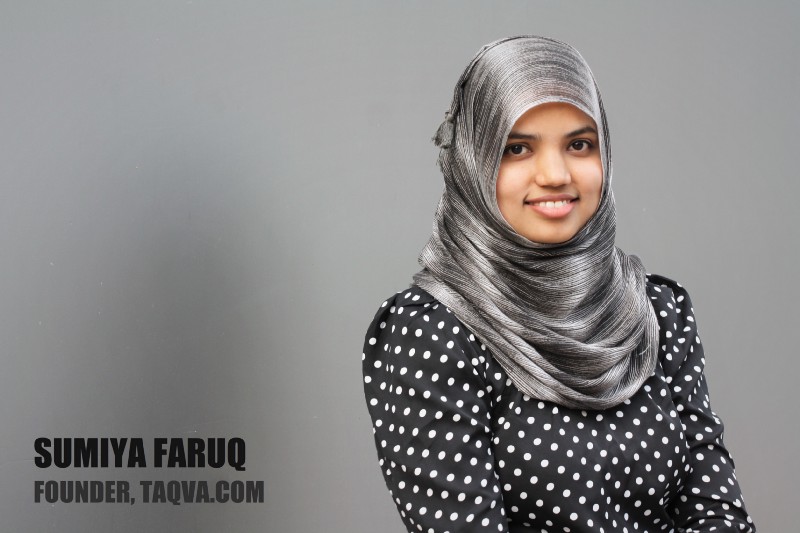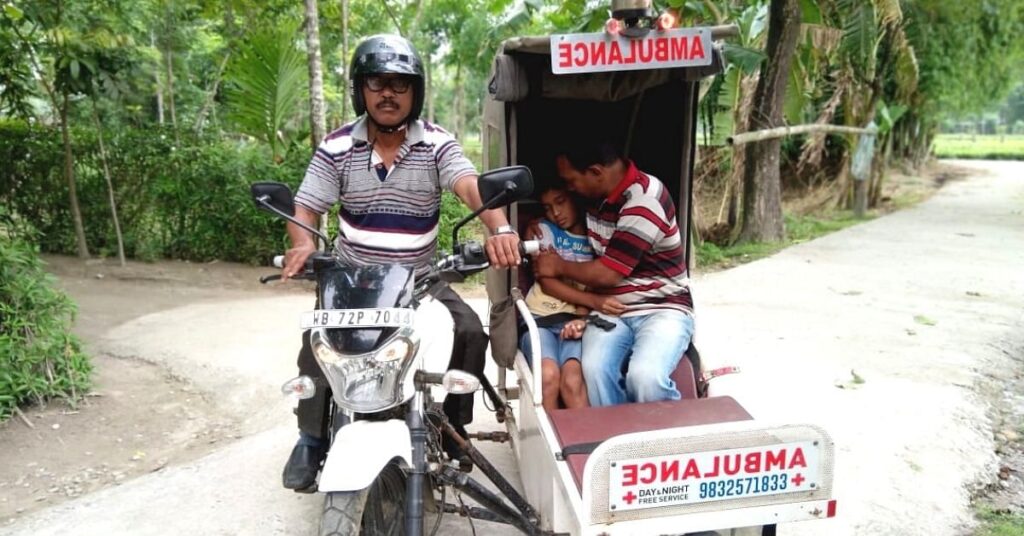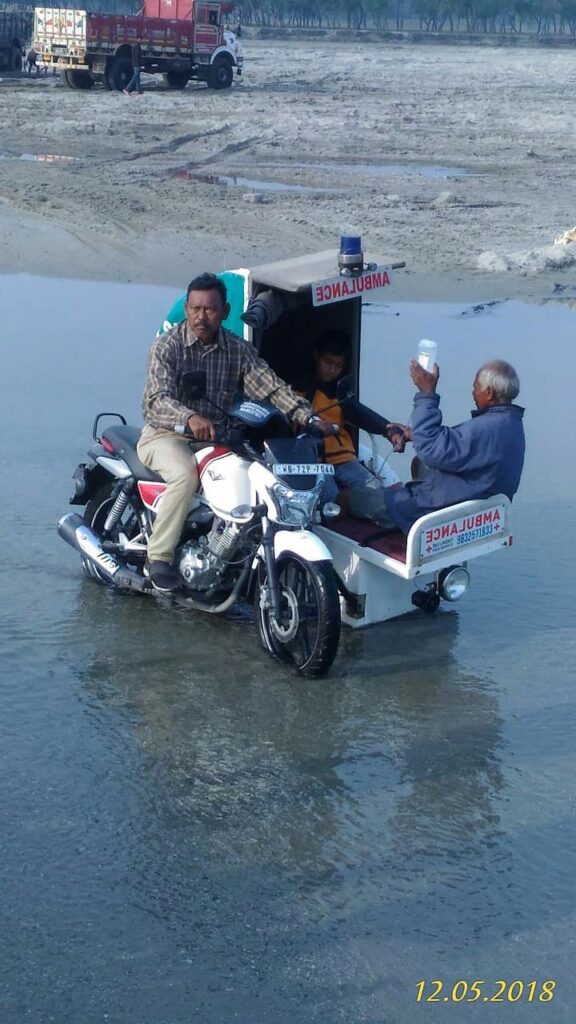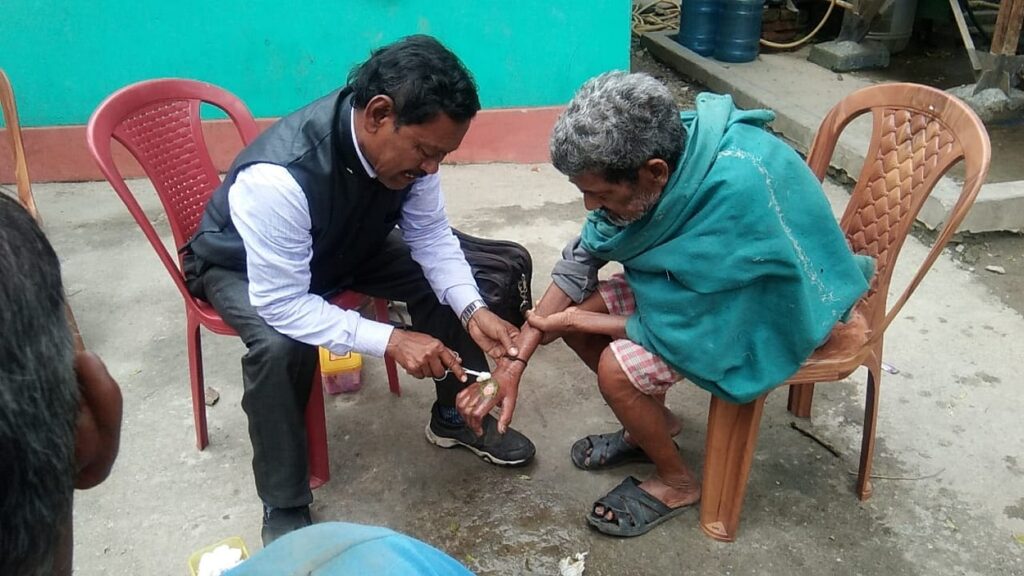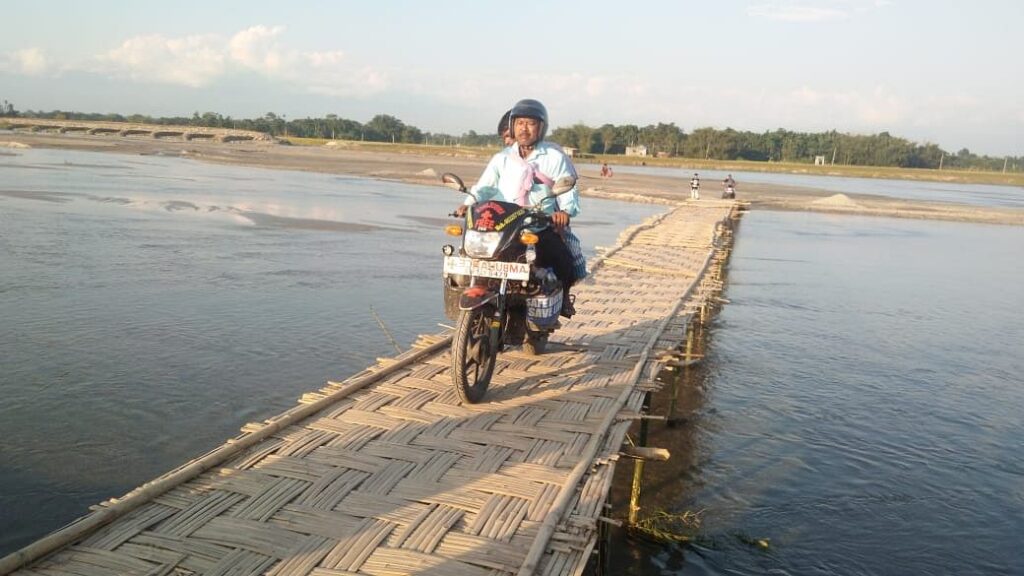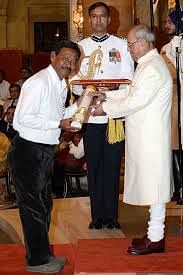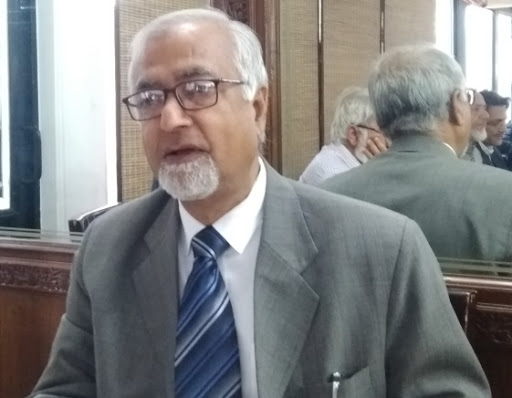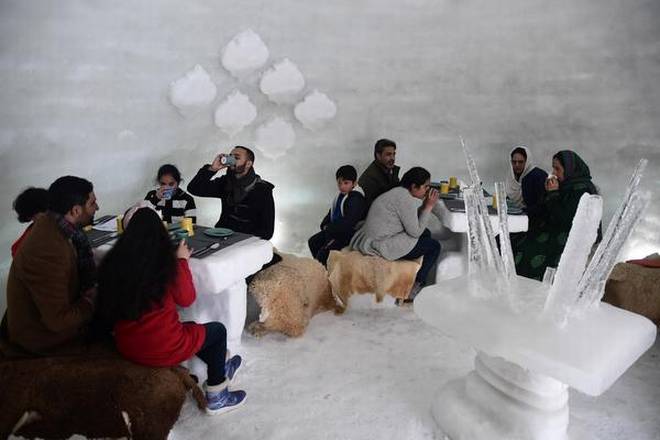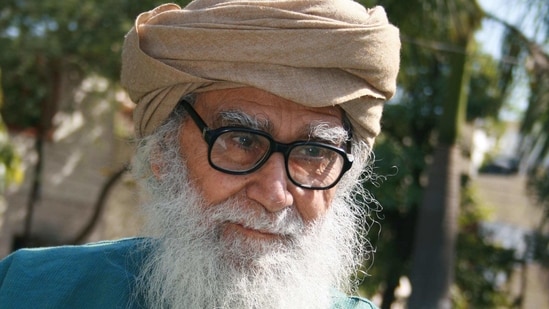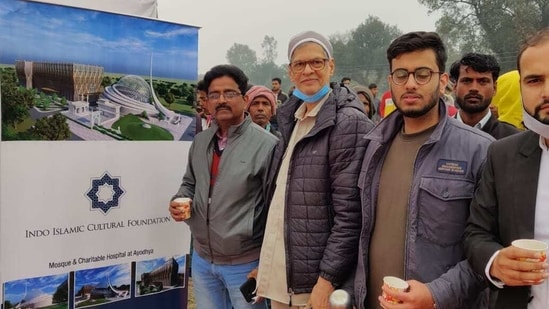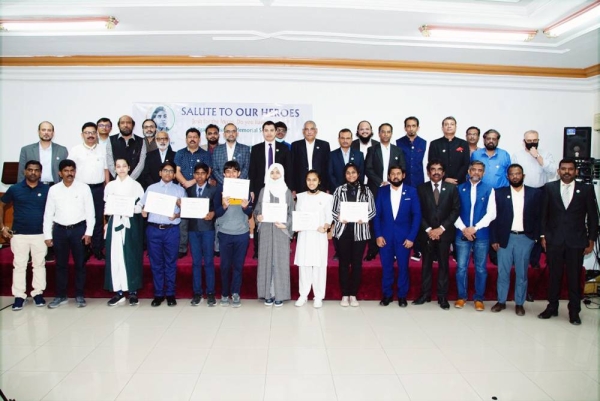KERALA :

- P.B Nooh, who grew up in Kerala’s Perumbavoor, near Ernakulam district, studied in a public school before graduating from the University of Agricultural Sciences, Bengaluru
- PB Nooh opened a control room with some 50 young doctors and volunteers for the exercise, which technology helped a great deal
P.B. Nooh, the collector of Pathanamthitta district, is known to be an aggressive young man, facing adversities with a smile and having the capability to take quick decisions. And, he is at the ground-zero of Kerala’s coronavirus crisis.
While he has been regularly hitting the streets without any complaint, for many other young civil servants it would have been a nightmare. In fact, this is third attempt to help the state sail out of a crisis of giant proportions.
Shortly after he was appointed as the district collector, and just 15 days after having a surgery, Kerala had witnessed the worst floods in over a century. In August 2018, when the waters started rising, the low-lying areas of Pathanamthitta were one of the most affected. Nooh was tasked with the largest rescue operation ever seen: Around .14 million people were rescued and moved to safer locations uphill within hours.
Months later, the district hogged national headlines as the epicentre of the Sabarimala protests. But Nooh stood tall as the protests over the ban on the entry of menstruating women in the hill shrine, and dealt with the situation with an iron hand.
Nooh, who grew up in Kerala’s Perumbavoor, near Ernakulam district, studied in a public school before graduating from the University of Agricultural Sciences, Bengaluru. He followed his elder brother P.B. Saleem to the civil services, with a ranking of 48 in 2012.
“Ever since, he has weathered crisis after crisis, but the current one has simply been no match to all previous occasions,” said an official of the chief minister’s office who has worked with closely with Nooh, requesting anonymity.
“When we called him to enquire about the first three Covid-19 cases (in Pathanamthitta), he was away on work in Trivandrum. He reached Pathanamthitta around 12am the same night, did not rest until he traced those three patients, and their primary contacts, isolated them in hospitals, and prepared an action plan in consultation with several experts, including doctors,” the official added.
“It must have all ended by 3am or so. We would have faced a bigger crisis if he had not acted that quickly. He has the gift for instant decision-making, and is a god-sent gift for us. Young turks like him are the ones who really enable chief minister Pinarayi Vijayan’s CEO style of operation.”
The next day, on 8 March, the district administration announced about five residents of Ranni, who had evaded health screening at Kochi airport on their return from Italy about a week ago, and subsequently tested positive for Covid-19.
The case of the couple and their son came as a shocker to Kerala, as it came to light only after two other relatives were infected with the deadly virus. The state was immediately put on high alert, as the family had travelled to several places across Pathanamthitta and Kottayam districts, including a local health clinic. Two nonagenarian family members were also shifted to the Kottayam Medical College hospital with high fever.
“The Italy-returned family hid their travel details from the health authorities. Such practices have to be seen as a crime,” said an angry Kerala health minister K.K. Shailaja to reporters that day. By the following day, it became clear that the family had inflected about eight others, India’s most number of Covid-19 cases for a district back then. And, Nooh was key to the success of the rapid action team.
Mint could not get Nooh’s comments. But, in an interview with Mathrubhumi News on Thursday, he said: “That was a scary moment. This was an unprecedented situation. Until we set an action plan, I was a bit disturbed.”
“Societally, we knew the news would create a lot of panic and trauma. Second, the government is answerable on how they escaped. So, I called the superintendent of police and said, look we only have this night, we have to get hold of these guys before sun rise. SP The did a good job and by 1.00am we had them.” The district administration then went into a massive drive to trace the contacts who were in touch with the family.
Nooh opened a control room with some 50 young doctors and volunteers for the exercise, which technology helped a great deal. Soon after, Nooh helped devise a strategy with the help of the police to track a patient’s phone number and trace tower locations, before marking the places of visit on Google Maps to zero in on possible contacts. Within six days, all contacts were traced and at least 4,000 people, including 2,000 people who returned from foreign countries, were traced and home quarantined. The challenge for Nooh will only increase by the day, but he could be central to Kerala’s fight against Covid-19.
source: http://www.livemint.com / Mint / Home> India / by Nidheesh M K / March 21st, 2020
